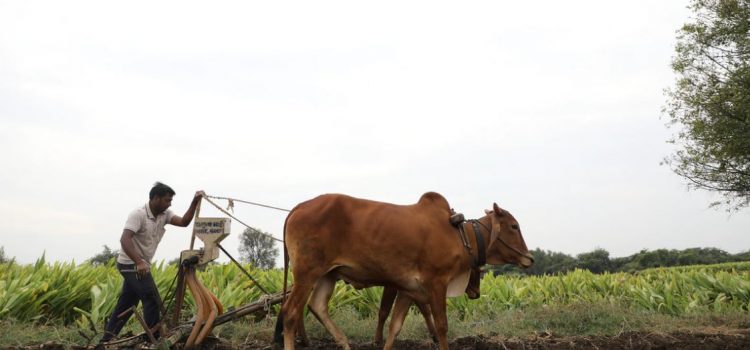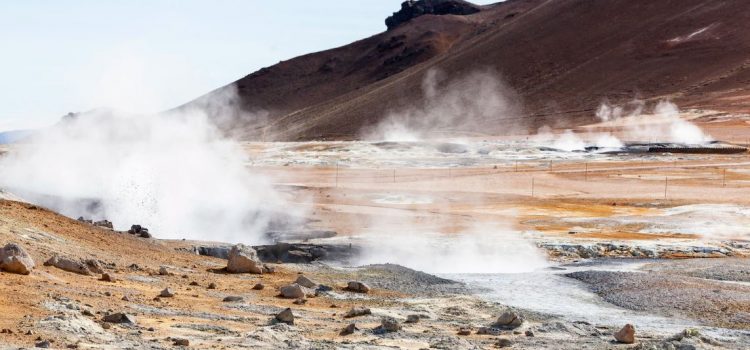Are we harming people in our efforts to save the planet? What’s environmental colonialism? What’s its impact on both humans and the environment? Award-winning science writer Michael Shellenberger says that climate alarmists create an atmosphere of existential dread that leads to all sorts of overreactions. Some of these measures—which basically amount to environmental colonialism—do more harm than good. Keep reading for Shellenberger’s attempt to bring some level-headedness into the midst of panic.
Environmental Colonialism: The Human Cost of Climate Activism










